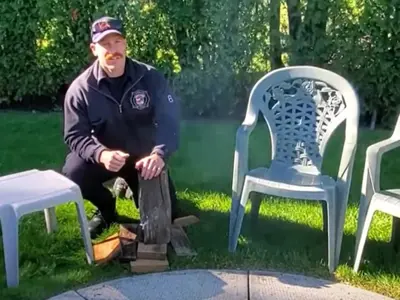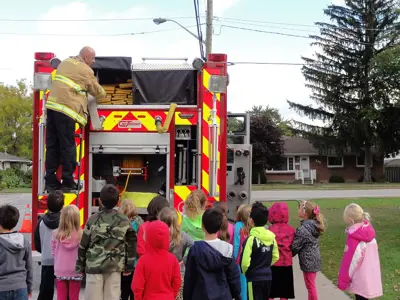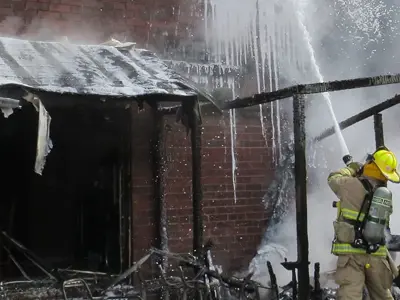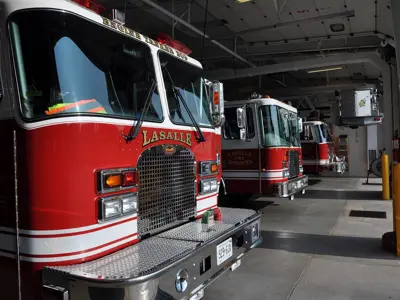LaSalle Fire Service
As a fire service, we know that fire prevention and public education are essential lines of defense in the protection of human, life, and property. Fire safety plans, regular inspections, and fire safety education in local schools help to keep our community safe and protected from the threat of fire and other hazards.
Department Structure
LaSalle Fire Service is a composite fire department, with 19 full-time firefighters and 34 volunteer (paid-on-call) firefighters. Our team works within 7 divisions including:
- Public Education
- Maintenance
- Marine
- Operations
- Health & Safety
- Fire Prevention
- Training

Contact Us
Town of LaSalle
5950 Malden Road
LaSalle, ON N9H 1S4
T. 519-969-7770
F. 519-969-4469
Map this Location
Fire Service Newsfeed
Mission Statement
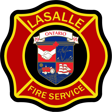
We are a caring team dedicated to promoting safety and providing positive outcomes to fellow citizens in a time of need.
Our mission is guided by a commitment to our core values: Respect, Integrity, and Teamwork.
LaSalle Fire Service
Headquarters
1900 Normandy St.
LaSalle ON, N9H 1P8
LaSalle Fire Station 2
2190 Front Road
LaSalle ON, N9J 2C1

